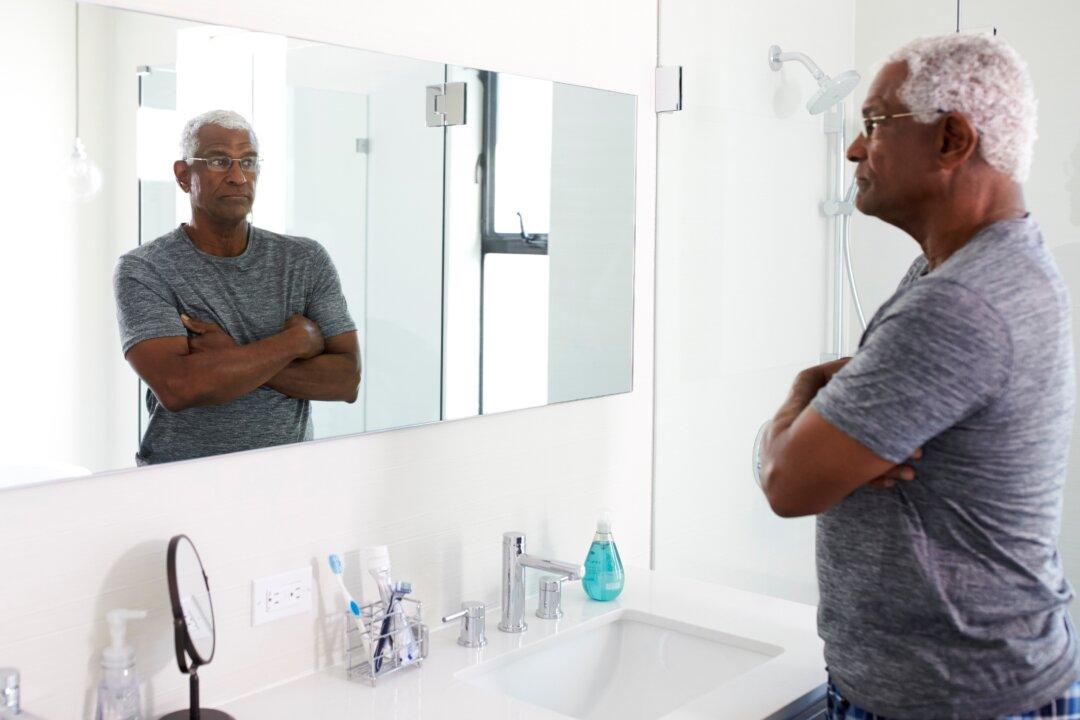We know we shouldn’t compare our lives to the lives of “more successful” people because when we do, we tend to feel deficient in comparison.
But far more debilitating to our psyches than comparing ourselves to our neighbors and movie stars is the nasty habit we have of comparing ourselves to what we feel we should have been, could have been, should have done, or could have done. All of these are recipes for psychological disaster.





